NACE Career Readiness Competencies
What are career readiness competencies?
Career readiness competencies, or career readiness skills, are eight foundational principles defined by the National Association of Colleges and Employers (NACE). These competencies have been specified to help students and university faculty and staff to understand and put into practice the traits, perspectives, and knowledge necessary to be successful across a number of career paths and industries. The competencies are outlined below.
Definition: developing career through personal and professional learning, knowing one’s strengths and weaknesses, navigating career opportunities, and networking to build relationships
Associated Behaviors: goal setting; exploring areas of growth; applying feedback; displaying curiosity; learning about strengths; establishing and maintaining relationships; seeking opportunities
Definition: clearly and effectively sharing information, ideas, and perspectives
Associated Behaviors: using active listening; communicating in an organized manner; asking appropriate questions
Definition: understanding the context of a situation and using logical analysis
Associated Behaviors: using inclusive reasoning; gathering information from a variety of sources; accurately summarizing and interpreting data; anticipating needs and prioritizing actions
Definition: demonstrating awareness, attitude, knowledge, and skills required to equitably engage and include people from different local and global cultures; engaging in anti-racist practices that actively challenge the systems, structures, and polices of racism
Associated Behaviors: advocate for inclusion, justice, and empowerment; keep an open mind to diverse and new ways of thinking; address and reflect on systems of privilege; ask for feedback from multiple cultural perspectives
Definition: recognize and capitalize on personal and team strengths to achieve organizational goals
Associated Behaviors: inspire, persuade, and motivate self and others; use innovative thinking; serve as a role model; plan, manage, and complete projects
Definition: knowing work environments different greatly, understand and demonstrate effective work habits, act in the interest of the larger community and workplace
Associated Behaviors: act with integrity and accountability; be present and prepared; have attention to detail; show dedication; be dependable and meet or exceed goals
Definition: build and maintain collaborative relationships to work effectively toward common goals while appreciating diverse viewpoints and shared responsibilites
Associated Behaviors: listen careful to others; manage conflict; interact with and respect diverse personalities; compromise and be agile; build strong, positive working relationships
Definition: understand and leverage technologies to enhance efficiencies, complete tasks, and accomplish goals
Associated Behaviors: navigate change and be open to new technologies; use technology to improve efficiency and productivity; achieve goals and solve problems with innovative ideas and devices
How can these competencies appear in the classroom?
Likely you are already doing a number of things that are career related – it just may not appear that way at first glance. Here are a few examples:
- directing students to the Strommen Center for Meaningful work for career questions
- encouraging students to add coursework or research experience to their resumes
- inviting community members, experts, or alumni to speak in their classes
- providing students with opportunities to connect with community events in certain fields
We want to help staff and faculty utilize and create more opportunities as these, including:
- adding career readiness language to syllabi
- encouraging students to add academic projects to resumes and CVs
- implement career activities and lessons created by the Strommen Center in classes
- using common language across campus to discuss career readiness and integrating career readiness competencies into courses
- feel encouraged to share your own story and career journey as a faculty member and mentor
We envision this process as infusing these suggestions into courses with purpose, rather than redesigning or entirely changing course content.
